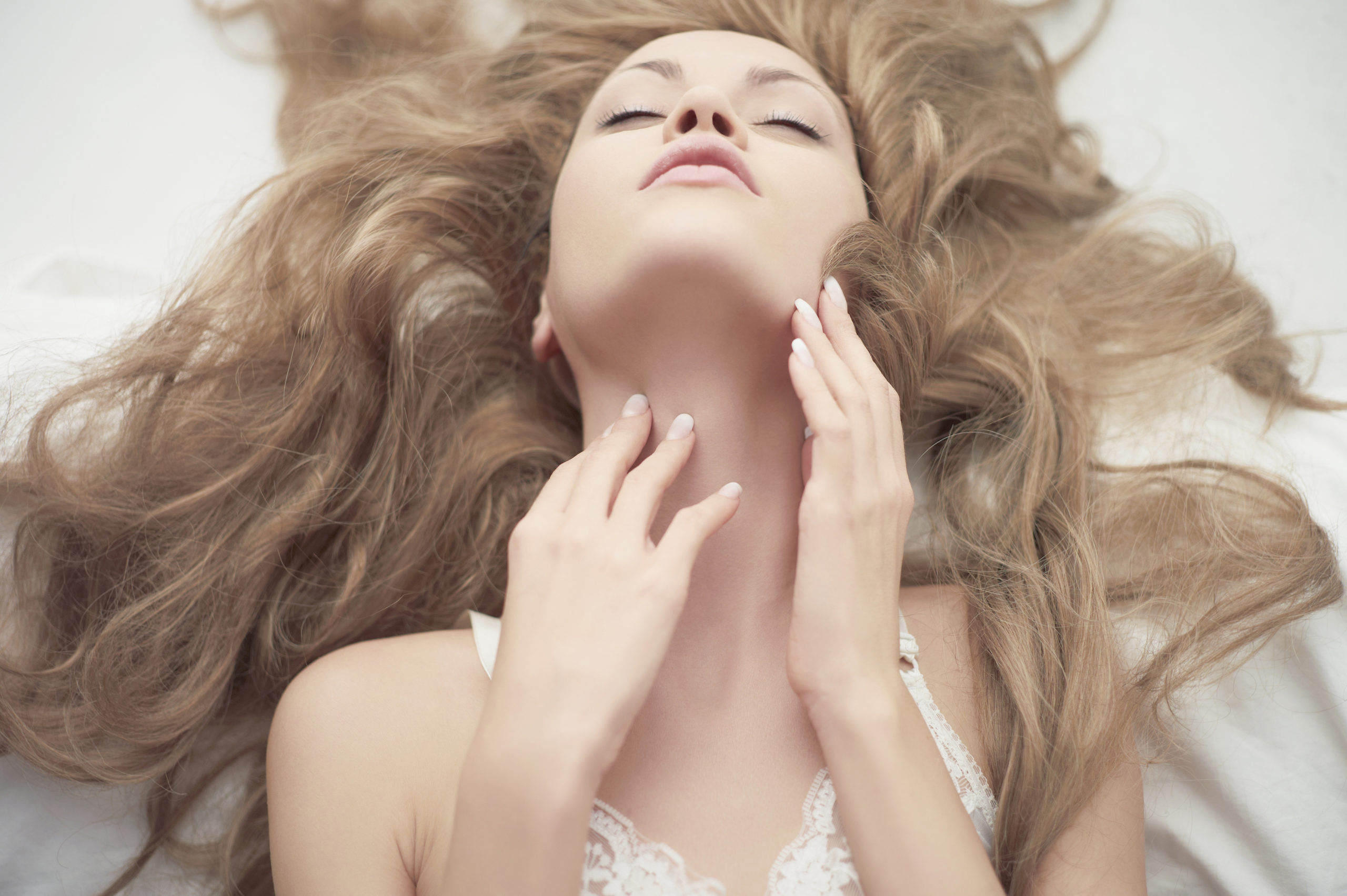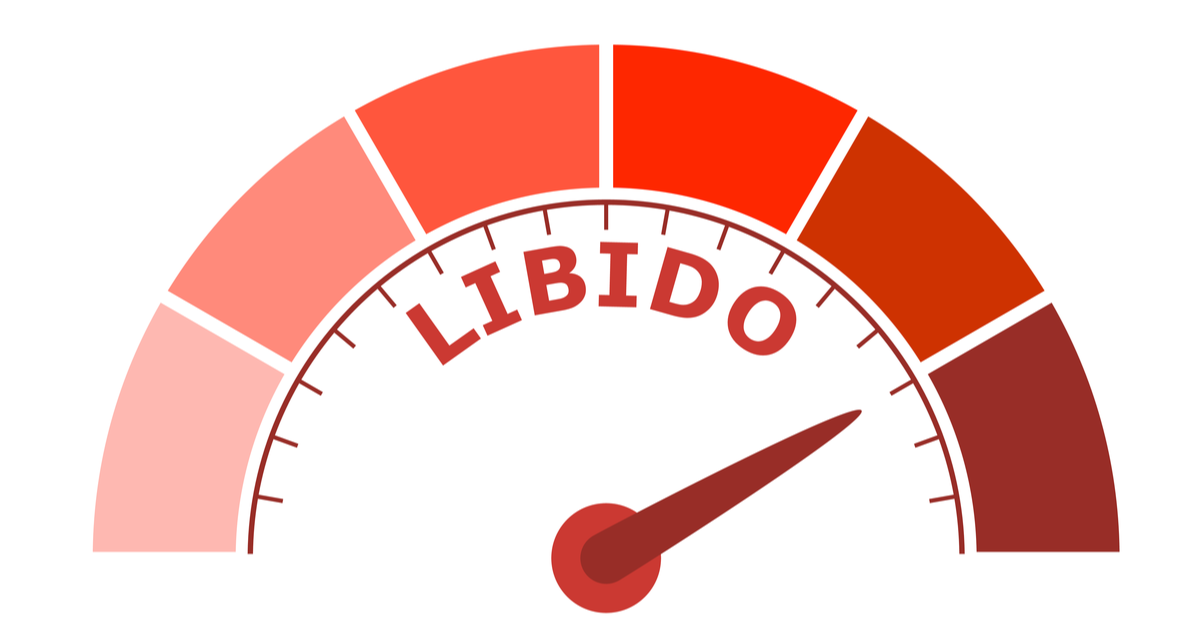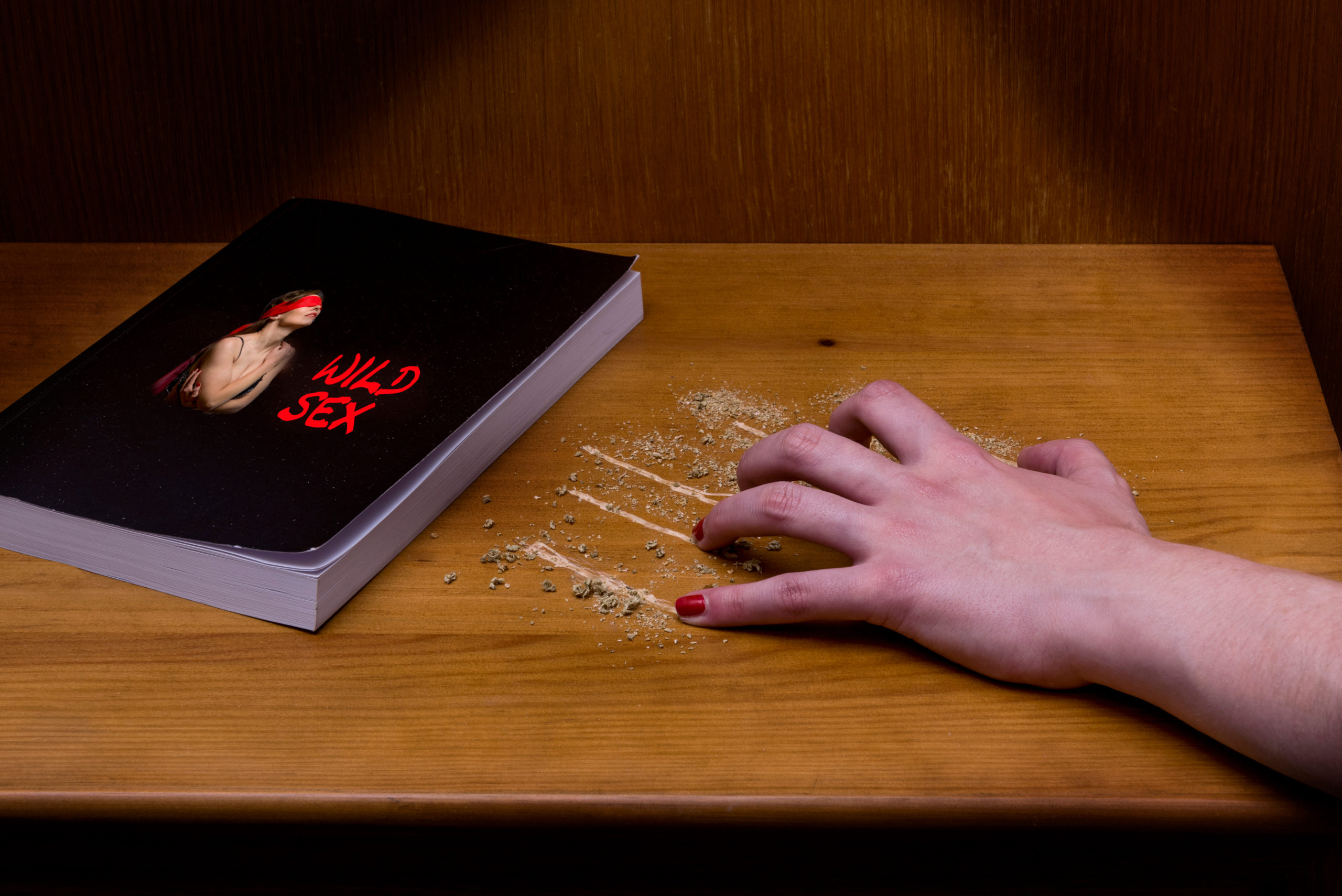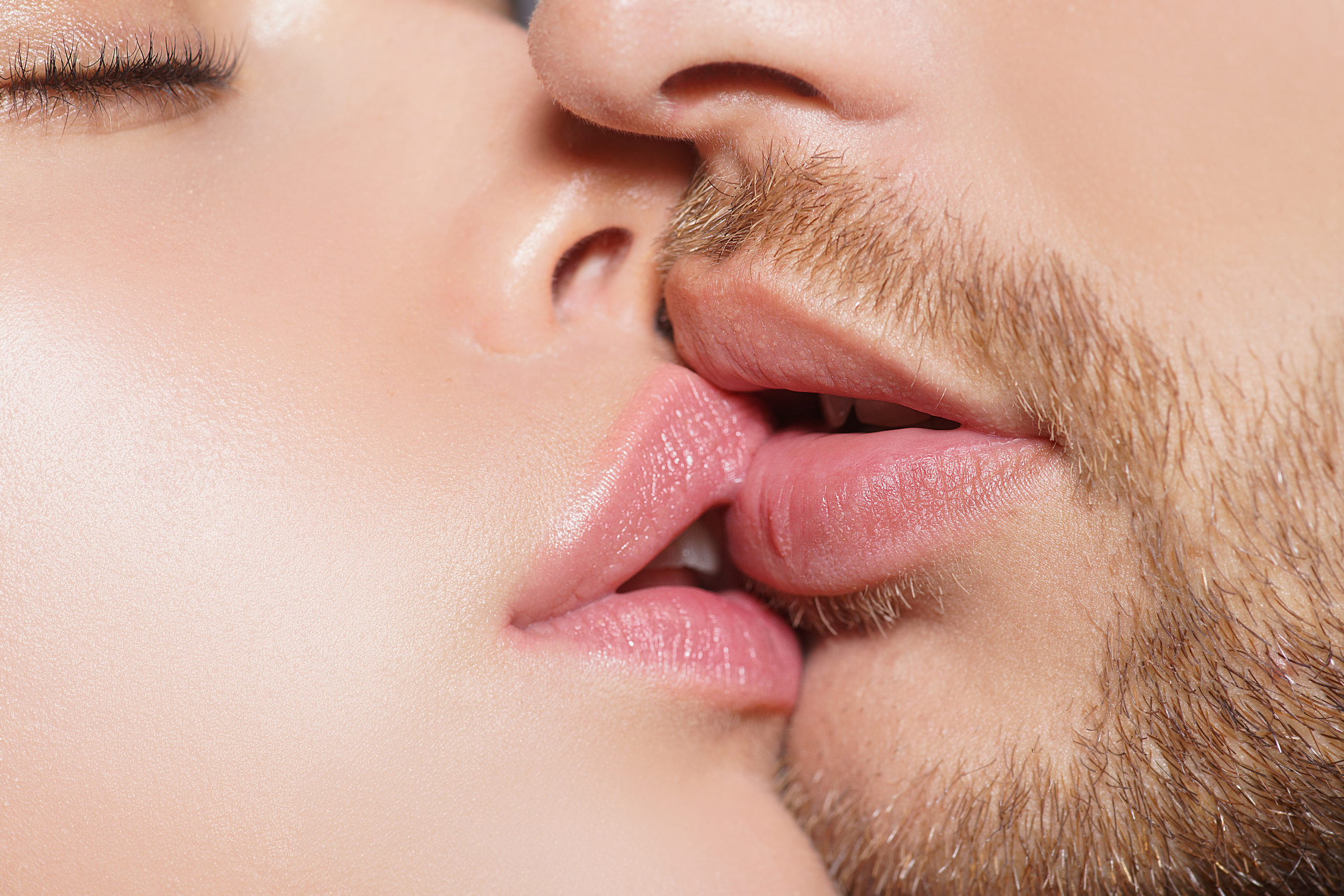
Sexual pleasure is a glorious combination and accumulation of desire, arousal, eroticism and sensuality. It’s the physical and/or psychological satisfaction, fulfilment and enjoyment derived from solitary or shared erotic experiences. These experiences include thoughts, dreams, autoeroticism, memories/past experiences and the five senses. Sexual pleasure is both a mind and body experience, and it’s intoxicating stuff. When we give ourselves permission to both have and enjoy sexual pleasure, we are able to experience a vibrant array of sensual pleasure-filled adventures.
Experiences and adventures connect the body and mind and can build a joyous connection to ourselves and others.
There are a mindboggling number of words we use to describe our physical and emotional reactions to sexual arousal: libido, drive, horniness, wetness, being turned on, being in the mood, excitement, attraction, arousal, wanting, desire, lust, sensuality. Often, we use these interchangeably and without much thought about what they mean, but they’re not actually the same, and the distinctions are important when you are gaining a better understanding of your sexual pleasure and what makes you tick. Confusing terms can lead to unintentional mixed messages and a breakdown in communication with ourselves and others, causing us to feel bad about ourselves, situations and our sexual pleasure.

Sexual Arousal
Sexual arousal can also be known as sexual excitement or “being turned on.” It means the physiological changes that happen when the brain sends your body signals that it’s time for sexual activity and pleasure. You may experience vaginal lubrication, erect nipples, and an engorged vulva or clitoris. Your heart might speed up, your upper chest and/or cheeks might flush, you might start to shiver or twitch. You might moan or make other noises. Although people talk about being “turned on,” becoming sexually aroused isn’t a switch in your body that gets flicked on.
Arousal is a gradual process!
The way the process of arousal is portrayed in the media, especially in pornography, would have everyone believe that women go from nothing to explosive orgasms in a few minutes. But, just like any film, this is fantasy and bears little resemblance to real-life sexual arousal. Arousal is a gradual process, the seeds of which can be sown a long time before any sexual activity takes place. Every occurrence can take a different amount of time depending on if you are with someone or alone, what the circumstances are, your environment, what’s going on in your life, how your day is going, medication you may be taking, how old you are and where you are in your monthly cycle if you have one.
Sexual arousal is often involuntary; it just happens, seemingly for no apparent reason or simply because you were thinking about something or saw something that caused a sexual arousal physical response, sometimes even by things that are not usually seen as sexual. Interestingly, it can work the other way; you can be completely, happily and willingly engaged in sexual activity or masturbation, but your body seems to be asleep; it just isn’t responding, but you definitely feel aroused. It’s actually completely normal. Most people will experience it, and although it can be incredibly frustrating, if you relax and let yourself feel, your body will eventually wake up, and it will usually pass.

Sexual Desire
Sexual desire is a motivational force or state. It motivates interest in sex, sexual objects, sexual pleasure and sexual activity. Triggered by external stimuli or internal stimuli, such as thoughts and fantasies that cause a wish or desire to engage in sexual activities. Sexual desire is often referred to as “libido,” “horniness,” or “sex drive.” Our levels of desire can fluctuate wildly and depend on all kinds of factors, from work stress to hormone levels and everything in between.
Sexual desire can be either spontaneous or responsive
Our sexual desire can be either spontaneous or responsive. Most people I work with expect their desire to be spontaneous and that they will suddenly have a feeling or craving to have sex even with little or no sexual stimuli, which will become stronger when it’s been a long time since any sexual release. Spontaneous desire is a state of being rather than a response to something or someone. Although we expect that our desire would or should be spontaneous, we are more likely to experience responsive sexual desire.
Responsive desire, when the desire to have sex is activated by some kind of physical or mental stimulation, could be from anything. A person might think they’re not “in the mood” but find themselves responding to touch or thought, perhaps even a memory.
Libido is life-force
My favourite and the most useful way to think about desire/libido is as a “lifeforce”, one that its multi-layered and caused by many things, a force that is not just about sexual pleasure, but about all pleasure. It is this lifeforce that gives us drive and motivates us to experience life fully with every one of our senses. Our lifeforce or libido is in a constant state of flux throughout any given day; some things feed it, and other things purge it. Our past experiences, current experiences, energy levels, hopes, fears and beliefs all influence libido. People that have lost their libido are rarely happy people. When we lose our lifeforce, we lose interest and motivation in many areas of our life.
People with no libido often have high levels of anxiety, little confidence and low self-esteem. Our lifeforce and all that it encompasses is essential to our vitality, general happiness and lust for life. It is also an essential component of our ability to experience sexual pleasure. Finding and maintaining our lifeforce takes effort, we have to live our lives sensually and wholeheartedly, and we have to keep up the effort. It is no less essential to our general health than good nutrition and physical movement. You have to keep doing things to feed your lifeforce. Otherwise, it will fade away.

Eroticism
Eroticism is an essential part of our sexual pleasure. It is our personal internal world of sensual and sexual experiences and desires. Our eroticism is driven by fantasies, ideas, imagination, preferences and wishes. Our eroticism is to satisfy our needs, longings and a desire for connection. Eroticism is broader and much more complex than the desire for the physical act of sex. It is a space you enter, a place you go inside yourself, with another or others; rather than just something that you do. Eroticism is an essential part of our lifeforce. Embracing your eroticism is an essential part of finding, understanding and owning your sexual pleasure.

Sensuality
Sensuality is about paying attention to your senses and being present and mindful of how we sense, feel and notice our world and experiences. We have five senses: taste, touch, sight, sound and smell, and we also have “conceptual thought” in terms of our mind (i.e., what we think about). Humans are sensing beings, especially female humans. Sensuality is not always related to sex or sexuality but, to fully embrace our sexual pleasure, we must be connected to and in tune with all of our senses. Sensuality is a state of mind and a way of being. If we move through life with an awareness of our sensuality, the world becomes more vibrant, meaning we can then live a more vibrant, sensual life.
Kaz Riley is an internationally award-winning hypnotherapist, certified sex educator and author based in Yorkshire, England. Creator of the Sexual Freedom Hypnosis® therapy programme and author of the book Woman- How to find, understand and embrace your sexual pleasure. https://www.amazon.com/dp/1919609008 . Sign up for Kaz’s free resources and emails to help you discover your authentic sexual self https://kazrileywoman.com
www.sexualfreedomhypnosis.org